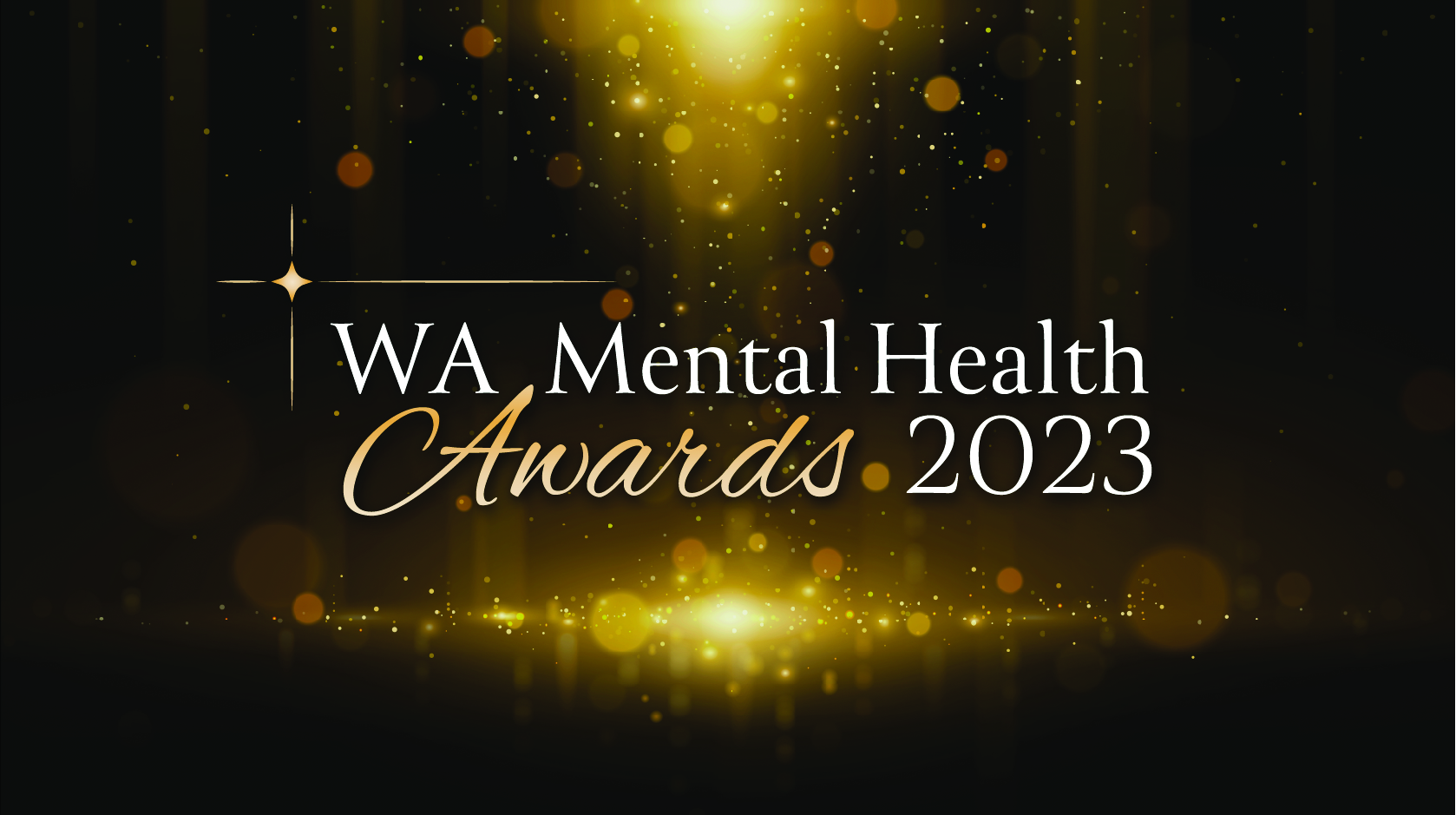Mentally Healthy Education Award
Presented by HOPE Community Services
2022 Winner:
Westfield Park Primary School
Westfield Park Primary School (WPPS) is in the suburb of Camillo, within the City of Armadale. The school catchment area comprises a high proportion of public and private rentals and 50% of the school’s student cohort are culturally and linguistically diverse and 10% identify as Aboriginal or Torres Strait Islander. The school allocates a section of its budget to creating an inviting and homely appearance and ambience throughout, and the school has carefully developed trauma-informed practices that demonstrate high levels of care from all staff and support teams. WPPS has developed a strong mental health and wellbeing culture based on relational approaches that are attachment-aware and trauma- informed. School staff are well-equipped in their understanding of how children’s mental health and wellbeing can be supported in their classrooms. The capacity of staff to support children and their families is strengthened when their own wellbeing and positive outlook is valued, which is seen as a priority by the school. WPPS has a strong, collaborative student services team which incorporates promotion, prevention and early intervention strategies to support a mentally healthy school community.
Finalists:
Fiona Perrella, Strength Heroes
A resilience educator at Strength Heroes, based in Perth, Fiona has worked in education for more than 20 years. Fiona’s career began in the human resources sector, but after seeing a family member go through mental health challenges, she turned her attention to developing resilience workshops and programs for children. In 2021 Fiona worked with more than 2500 children in 84 school incursions, school holiday and public holiday workshops, and workshops run for not-for-profits and local councils. The programs Fiona has developed and runs focus on building capacity to support better mental health outcomes. Through Strength Heroes, Fiona has facilitated and provided families and communities a framework for open dialogue about feelings and mental health, with continual positive feedback from teachers, parents and students.
Makybe Rise Primary School
Makybe Rise Primary School opened in 2011 and has achieved excellent academic results for its students. The school’s philosophy of “every child, every day” underpins everything it does and provides a strong framework for its relentless focus on instructional excellence. Makybe Rise PS believes success is created and takes the responsibility as an education institution to ensure every child, every day experiences a sense of significance, belonging, collaboration and challenge. The school sees the social and emotional curriculum as important as the academic curriculum. It believes a sense of belonging is vital to ongoing academic success and underpins its high performance, high care culture. Makybe Rise PS’s strong focus on students’ social and emotional wellbeing is demonstrated through a blend of several complementary school-wide programs.
The Living Room, Student Life, The University of Western Australia
The Living Room (TLR) is a welcoming, inclusive and student-focused space that promotes wellbeing through early intervention, peer support and low barrier access to the University of WA (UWA) health services to encourage connection and belonging at the university. It’s believed to be the first initiative of its kind in a tertiary setting. TLR is managed by mental health professionals and staffed by 14 diverse student peer support workers. The peer support team vary in culture and ethnic backgrounds, age, language (speaking 10 languages between them), discipline, enrolment type, personality, gender and personal lived experience. TLR can provide support ranging from emergency response for severe psychological distress, to focused supportive chats, free weekly wellbeing activities for students, such as yoga, virtual reality mindfulness, lived experience fireside chats, tailored peer-delivered brief interventions for sleep problems and/or alcohol use and ‘Pause with Paws’ (visiting student support dogs). Scope of TLR widened in 2021 when it received widespread interest from local and international universities looking to establish their own peer-to-peer support service based on TLR's model, and discussions and visits have occurred with other WA universities to explore the feasibility of replicating the service. TLR also created an online guide – The Living Room Toolkit – to support organisations interested in establishing a peer-to-peer mental health and wellbeing service similar to TLR at UWA.
